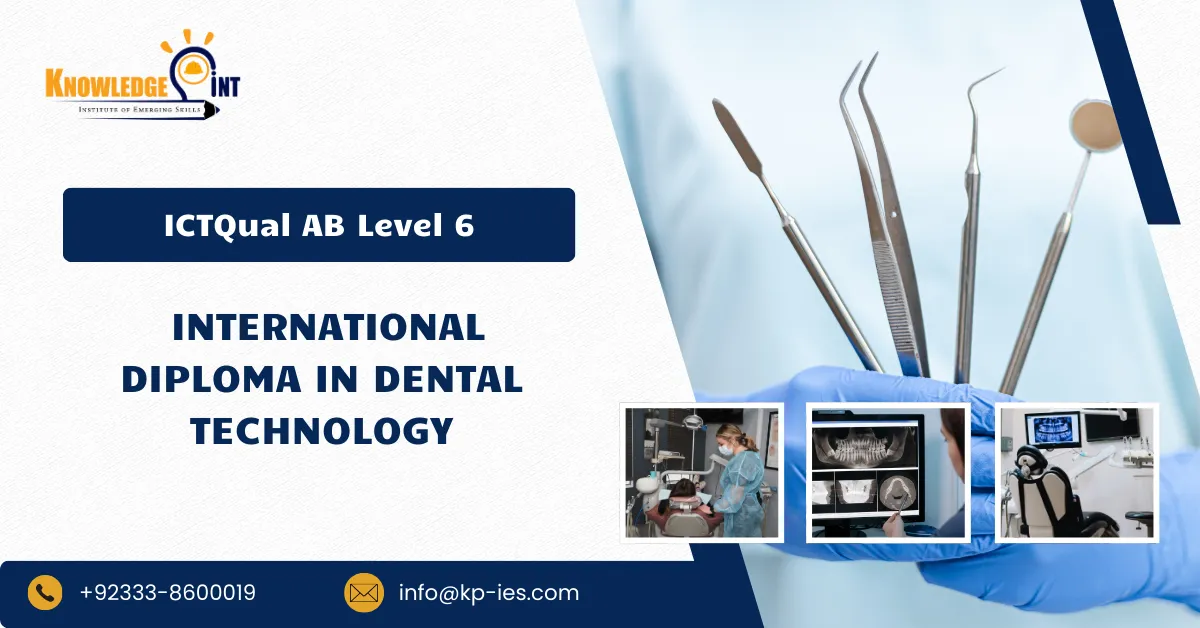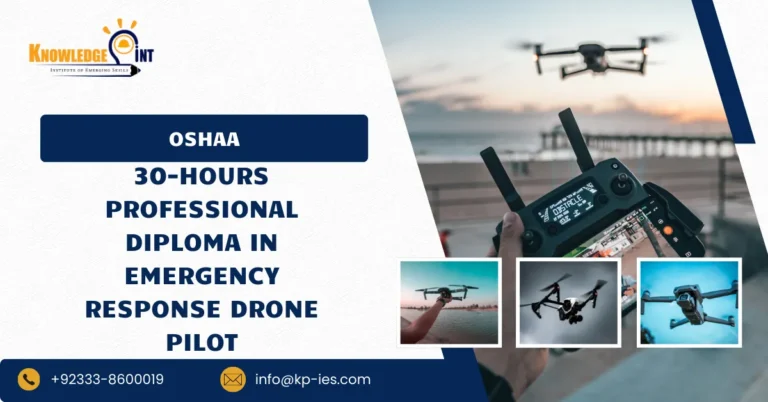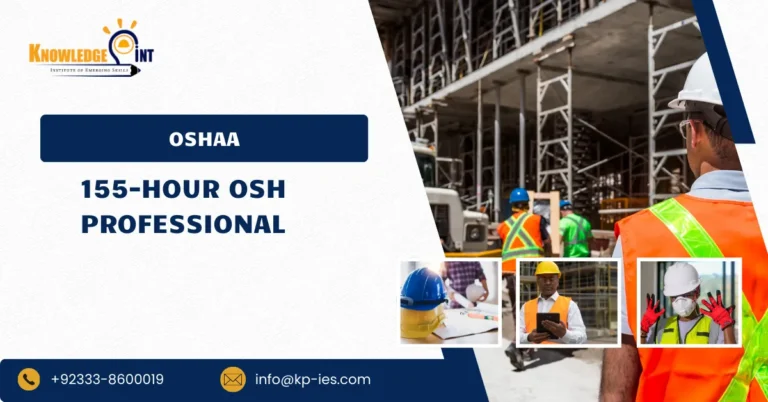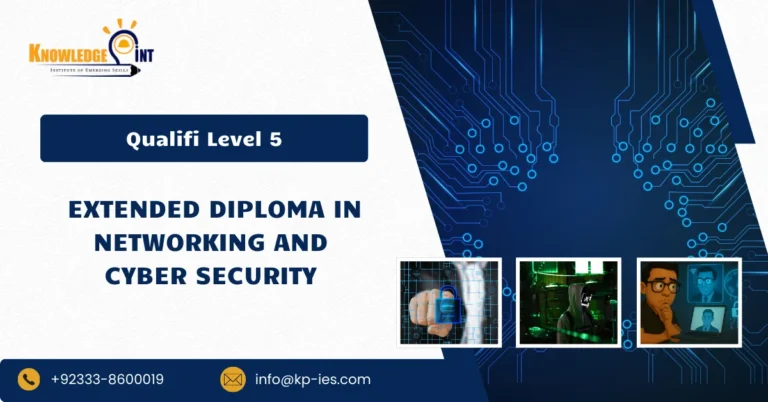The ICTQual AB Level 6 International Diploma in Dental Technology is a comprehensive three-year programme, offering 360 credits designed for professionals seeking to advance their expertise in dental technology. This qualification equips learners with in-depth knowledge and practical skills required to excel in dental laboratories, prosthodontics, orthodontics, and restorative dentistry. Through a structured blend of theoretical study and hands-on practice, learners gain the competence to design, fabricate, and assess high-quality dental prostheses and appliances.
Throughout the programme, learners explore advanced dental materials, laboratory techniques, digital dentistry, and quality control processes. The curriculum emphasizes precision, technical proficiency, and adherence to professional standards, preparing learners to meet the growing demands of the dental industry. By combining clinical awareness with laboratory expertise, learners develop the ability to contribute effectively to multidisciplinary dental teams and support optimal patient care.
This diploma provides significant value for professionals aiming to enhance their career prospects in dental technology, dental laboratories, clinics, and private practice settings. Learners acquire specialised skills in prosthetic fabrication, CAD/CAM technologies, and dental appliance design, ensuring they are well-prepared for complex clinical and laboratory challenges. The programme also supports ongoing professional growth and continuous professional development (CPD), enabling learners to remain up-to-date with emerging technologies, techniques, and industry best practices.
Course Overview
This qualification, the ICTQual AB Level 6 International Diploma in Dental Technology 360 Credits – Three Years, consists of 36 mandatory units.
Year 1: Foundation in Dental Technology
- Introduction to Dental Technology
- Human Anatomy and Oral Biology
- Dental Materials Science
- Fundamentals of Prosthodontics
- Basic Orthodontic Appliance Design
- Principles of Dental Laboratory Work
- Dental Anatomy and Occlusion
- Infection Control and Safety in Dental Laboratories
- Introduction to CAD/CAM Technology
- Communication Skills in Clinical and Laboratory Settings
- Research Methods in Dental Science
- Professional Ethics and Standards in Dentistry
Year 2: Intermediate Dental Technology
- Advanced Prosthodontic Techniques
- Crown and Bridge Fabrication
- Removable Partial Dentures
- Complete Denture Construction
- Orthodontic Appliance Fabrication
- Dental Ceramics and Restorative Materials
- Digital Dentistry and CAD/CAM Applications
- Quality Control and Laboratory Management
- Advanced Dental Anatomy and Morphology
- Patient Care and Clinical Support
- Evidence-Based Practice in Dental Technology
- Professional Development and CPD Planning
Year 3: Advanced Dental Technology
- Complex Prosthodontic Cases
- Implant-Supported Prostheses
- Advanced Orthodontic Appliance Design
- Cosmetic and Aesthetic Dentistry Applications
- Advanced Digital Dentistry Techniques
- Dental Laboratory Leadership and Management
- Advanced Restorative Material Applications
- Case Planning and Treatment Integration
- Innovation and Technology in Dental Practice
- Independent Project or Capstone in Dental Technology
- Professional Ethics and Legal Considerations
- Advanced CPD and Career Development Strategies
Learning Outcomes for the Level 6 International Diploma in Dental Technology 360 Credits – Three Years:
Year 1: Foundational Knowledge
By the end of Year 1, learners will be able to:
Introduction to Dental Technology
- Demonstrate an understanding of the dental technology profession, roles, and responsibilities.
- Explain basic dental laboratory procedures and workflows.
- Apply foundational knowledge to simple dental appliance fabrication tasks.
Human Anatomy and Oral Biology
- Describe the structure and function of the human oral cavity and surrounding tissues.
- Understand the biological principles relevant to dental treatment and appliance fabrication.
- Apply anatomical knowledge to laboratory procedures and clinical awareness.
Dental Materials Science
- Identify different dental materials and their properties.
- Understand the selection and application of materials in dental appliances.
- Apply knowledge of materials to practical laboratory tasks safely and accurately.
Fundamentals of Prosthodontics
- Explain the principles of prosthetic dental treatment.
- Demonstrate basic skills in constructing simple prostheses.
- Apply prosthodontic concepts to laboratory practice.
Basic Orthodontic Appliance Design
- Understand the principles of orthodontic appliances and their clinical use.
- Construct basic removable orthodontic devices in the laboratory.
- Evaluate design and function of simple orthodontic appliances.
Principles of Dental Laboratory Work
- Apply standard laboratory procedures and protocols.
- Demonstrate safe handling of dental instruments and materials.
- Develop accuracy, attention to detail, and quality control in laboratory tasks.
Dental Anatomy and Occlusion
- Describe dental anatomy and occlusal relationships.
- Apply anatomical knowledge to prosthetic and orthodontic appliance design.
- Assess and correct occlusal and anatomical errors in laboratory work.
Infection Control and Safety in Dental Laboratories
- Understand infection control principles and hygiene standards.
- Implement safe laboratory practices to protect staff and clients.
- Apply legal and professional standards for workplace safety.
Introduction to CAD/CAM Technology
- Demonstrate understanding of digital dental technologies.
- Apply basic CAD/CAM techniques to dental appliance design.
- Evaluate the advantages and limitations of digital workflows.
Communication Skills in Clinical and Laboratory Settings
- Develop effective verbal and written communication with dental professionals.
- Record and report information accurately in laboratory documentation.
- Apply interpersonal skills for collaboration with clinical teams.
Research Methods in Dental Science
- Understand basic research principles and methodology in dentistry.
- Collect, analyse, and interpret dental data accurately.
- Apply research findings to support laboratory and clinical decisions.
Professional Ethics and Standards in Dentistry
- Understand ethical frameworks and professional responsibilities in dental technology.
- Apply ethical decision-making in laboratory and clinical contexts.
- Demonstrate professional conduct aligned with industry standards.
Year 2: Intermediate Proficiency
By the end of Year 2, learners will be able to:
Advanced Prosthodontic Techniques
- Apply intermediate prosthodontic methods in appliance fabrication.
- Assess prosthetic design for functionality and aesthetics.
- Implement clinical feedback to refine prosthodontic work.
Crown and Bridge Fabrication
- Construct crowns and bridges using standard laboratory procedures.
- Ensure accuracy in fit, occlusion, and material selection.
- Evaluate laboratory processes for quality and efficiency.
Removable Partial Dentures
- Design and fabricate removable partial dentures.
- Assess patient-specific requirements and adapt designs.
- Apply finishing and adjustment techniques to ensure comfort and function.
Complete Denture Construction
- Construct complete dentures using established protocols.
- Apply anatomical and occlusal knowledge to optimise fit.
- Evaluate denture quality against clinical and laboratory standards.
Orthodontic Appliance Fabrication
- Produce functional removable and fixed orthodontic appliances.
- Interpret clinical instructions to guide laboratory work.
- Assess design and effectiveness of appliances for patient outcomes.
Dental Ceramics and Restorative Materials
- Work with ceramics and other restorative materials to produce aesthetic appliances.
- Apply correct processing, layering, and finishing techniques.
- Evaluate the durability and suitability of restorative products.
Digital Dentistry and CAD/CAM Applications
- Apply digital scanning and CAD/CAM design in appliance fabrication.
- Integrate digital workflows with traditional laboratory techniques.
- Analyse digital outputs for accuracy and quality control.
Quality Control and Laboratory Management
- Implement quality assurance processes in dental laboratory operations.
- Monitor workflow efficiency and compliance with industry standards.
- Apply problem-solving strategies to maintain high-quality outputs.
Advanced Dental Anatomy and Morphology
- Analyse complex dental structures for appliance design.
- Apply detailed anatomical knowledge to prosthodontic and orthodontic cases.
- Identify and correct morphological errors in laboratory work.
Patient Care and Clinical Support
- Understand patient needs and clinical requirements for dental appliances.
- Apply laboratory outcomes to improve patient comfort and satisfaction.
- Collaborate effectively with dental teams to support patient care.
Evidence-Based Practice in Dental Technology
- Interpret research and clinical data to guide laboratory procedures.
- Apply best practices to improve appliance quality and clinical outcomes.
- Evaluate new techniques and materials using evidence-based approaches.
Professional Development and CPD Planning
- Identify opportunities for continuing professional development.
- Reflect on personal skills and career goals in dental technology.
- Implement a structured CPD plan for long-term professional growth.
Year 3: Advanced Specialization and Application
By the end of Year 3, learners will be able to:
Complex Prosthodontic Cases
- Apply advanced prosthodontic techniques to complex cases.
- Assess and adapt appliance design for challenging clinical requirements.
- Evaluate functional and aesthetic outcomes to ensure patient satisfaction.
Implant-Supported Prostheses
- Design and fabricate implant-supported dental prostheses.
- Apply precise measurement and material selection for implant cases.
- Integrate laboratory and clinical knowledge to ensure success.
Advanced Orthodontic Appliance Design
- Produce complex fixed and removable orthodontic appliances.
- Apply detailed anatomical and functional considerations.
- Evaluate appliance performance and clinical effectiveness.
Cosmetic and Aesthetic Dentistry Applications
- Design dental appliances with a focus on aesthetics and patient preference.
- Apply advanced materials and techniques to enhance appearance.
- Assess and refine work for optimal cosmetic outcomes.
Advanced Digital Dentistry Techniques
- Utilise CAD/CAM and 3D printing technologies for complex cases.
- Integrate digital workflows with traditional laboratory procedures.
- Evaluate accuracy, efficiency, and quality of digital outputs.
Dental Laboratory Leadership and Management
- Lead and manage laboratory teams effectively.
- Implement workflow organisation, quality control, and resource management.
- Apply leadership skills to improve laboratory performance and outcomes.
Advanced Restorative Material Applications
- Apply specialised materials for high-quality restorations.
- Evaluate material properties and suitability for clinical requirements.
- Implement finishing and adjustment techniques to meet professional standards.
Case Planning and Treatment Integration
- Develop comprehensive treatment plans in collaboration with clinicians.
- Integrate prosthodontic, orthodontic, and aesthetic considerations.
- Assess overall outcomes to ensure functional and aesthetic success.
Innovation and Technology in Dental Practice
- Apply emerging technologies and innovative techniques in dental laboratories.
- Evaluate technological advances for effectiveness and feasibility.
- Implement innovations to enhance productivity, quality, and patient outcomes.
Independent Project or Capstone in Dental Technology
- Plan and execute an independent research or practice-based project.
- Demonstrate mastery of laboratory techniques, materials, and clinical integration.
- Analyse results and present findings in a professional format.
Professional Ethics and Legal Considerations
- Apply ethical principles and legal requirements in dental technology practice.
- Manage challenging scenarios with professionalism and integrity.
- Ensure compliance with regulatory and professional standards.
Advanced CPD and Career Development Strategies
- Plan long-term professional development and career progression.
- Identify specialised areas for skill enhancement and CPD.
- Reflect on practice to maintain professional excellence and adaptability.
Course Benefits of ICTQual AB Level 6 International Diploma in Dental Technology
- Provides comprehensive knowledge of dental technology, prosthodontics, and restorative dental procedures.
- Equips learners with practical skills in designing, fabricating, and fitting dental prosthetics, crowns, bridges, and orthodontic appliances.
- Develops expertise in dental materials, CAD/CAM technology, and modern dental laboratory techniques.
- Enhances understanding of dental ethics, professional standards, and health and safety regulations.
- Offers hands-on experience through clinical simulations, laboratory practice, and real-world dental projects.
- Strengthens problem-solving, analytical, and technical skills for precise dental work.
- Prepares learners for leadership and management roles in dental laboratories, clinics, and dental technology companies.
- Improves employability in dental laboratories, hospitals, private dental practices, and dental manufacturing industries.
- Promotes adherence to quality control, patient safety, and evidence-based dental practices.
- Supports continuous professional development and specialization in advanced dental technologies and techniques.
After completing this course, learners can progress in the following ways:
- Pursue Master’s degrees in Dental Technology, Prosthodontics, Dental Materials, or Clinical Dentistry.
- Obtain professional certifications such as Certified Dental Technician, Advanced Prosthodontic Specialist, or Orthodontic Appliance Specialist.
- Advance into senior roles such as Dental Laboratory Manager, Senior Dental Technician, Prosthodontic Consultant, or Clinical Dental Technologist.
- Work with dental laboratories, hospitals, dental clinics, research institutions, and dental manufacturing companies.
- Progress into leadership and administrative positions, managing dental technology teams and projects.
- Engage in research and innovation, contributing to new dental materials, CAD/CAM techniques, and dental prosthetic solutions.
- Transition into specialized areas such as orthodontic technology, implantology, maxillofacial prosthetics, or cosmetic dental technology.







